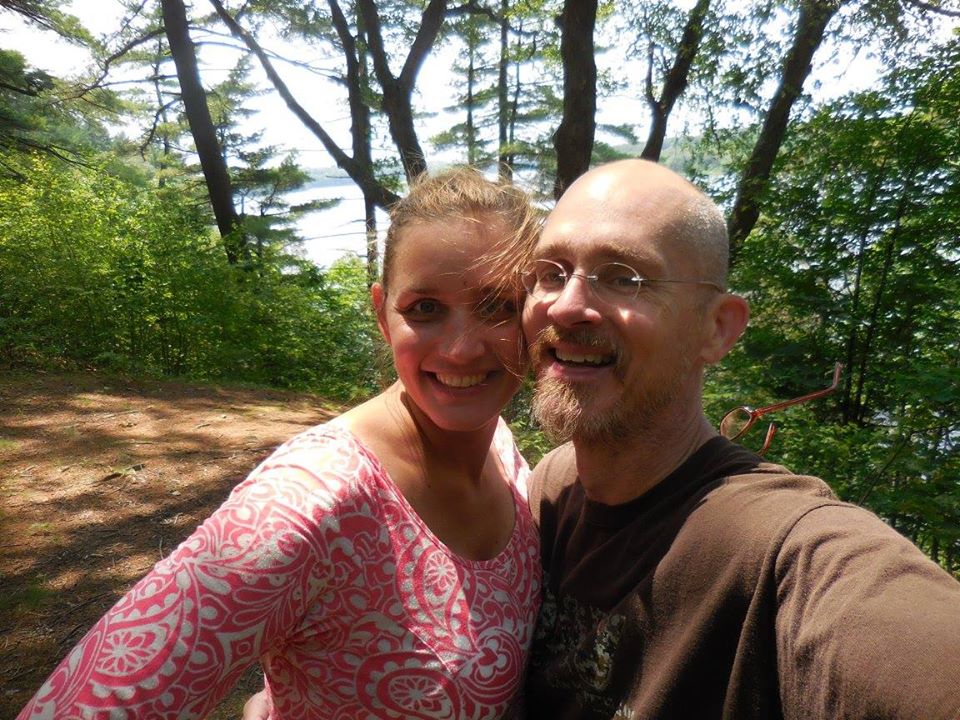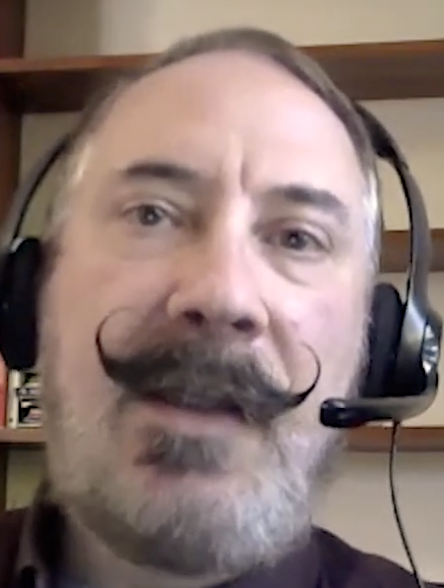This testimony was submitted by Lindsay Walsh on February 12, 2020 at the New Hampshire House Judiciary Committee hearing on HB 1659, New Hampshire Death with Dignity Act. Lindsay’s husband, Joe Walsh, died on October 25, 2020.
I am here today speaking voluntarily in support of the New Hampshire Death With Dignity Act (HB1659). This law, if passed, would allow terminally ill patients who meet certain, well-defined requirements to request life-ending medication. I want to explain why I support this bill in personal terms.
My husband and I met in graduate school. I was instantly attracted to his wit, his energy, his devotion to love and his passion for life. I also came to admire his deep beliefs in personal liberty, as well as his abiding respect for the sacrifices so many have made to safeguard that precious ability to choose one’s own path. One of my favorite memories of his is watching him slowly and gracefully practice jiu-jitsu on the lawn as our extended family cavorted in a swimming pool.

“Everything Hurts”
Joe rarely says a word of complaint. But I want you to hear, now that his illness has advanced, what he says on his bad days:
Everything hurts all the time.
I feel my brain decomposing.
I can’t move my legs.
Does anyone want me around anymore?
There are more bad days now. And what makes them particularly bad, beyond the excruciating physical suffering, is the complete loss of control. That is a form of psychological torture.
Has your body ever been hijacked, even for a short time? If so, you knew there was an end to the pain and suffering, right? We knew we’d most likely return to functioning version of ourselves. We can move, adjust, get relief. Joe doesn’t have that option. Things will never improve. And things will get worse.
Losing Control and Independence
Let’s not call them patients. Call them people. People experience severe, intense, unrelenting suffering in this state. They experience mental anguish and emotional anguish, chronic pain, chronic seizing of muscles. They lose the ability to walk, talk, swallow. They choke and they aspirate. They lose control of their autonomic nervous system, crying and grimacing in pain over the prospect of losing control and independence while they are waiting to die from terminal illness.
Imagine it is You
Imagine living in that state for one minute. Now, try every minute for almost 10 years.
Let’s just take 10 seconds right now and scan your body. I bet something feels bothersome—hunger, an itch, you want to blink, you’re anxious, you foot is falling asleep, you have to pee, you are looking forward to getting out of here. This is a luxury, whether or not you acknowledge it. For Joe and many others, it is simple a dream.
The Truth in Medicine
Choice is the foundation of our intrinsic liberty and dignity. Like so many, Joe can’t control this disease. Why can’t we let him-should he choose to-control the time, place, and manner of his own death if he chooses? Some say assisted dying is against the Hippocratic Oath; however, it reads: “first do no harm.” This can also apply to helping a patient find the ultimate relief from pain through death. This is the truth in medicine; it is respecting a human.
Hippocrates never had people on ventilators. Medical prolonging of life is a miracle of our time. It should not be confused with the medical prolonging of suffering, especially those that suffer with dignity.
Making the Law Humane
Joe doesn’t get to walk away from his body. Drugs aren’t going to save Joe. There is no returning to health for Joe. Why can’t they he allowed to live to their fullest and then be able to say “mercy” when the pain of life becomes too great? There is no healing his body. But we can heal the law to make it more humane.

